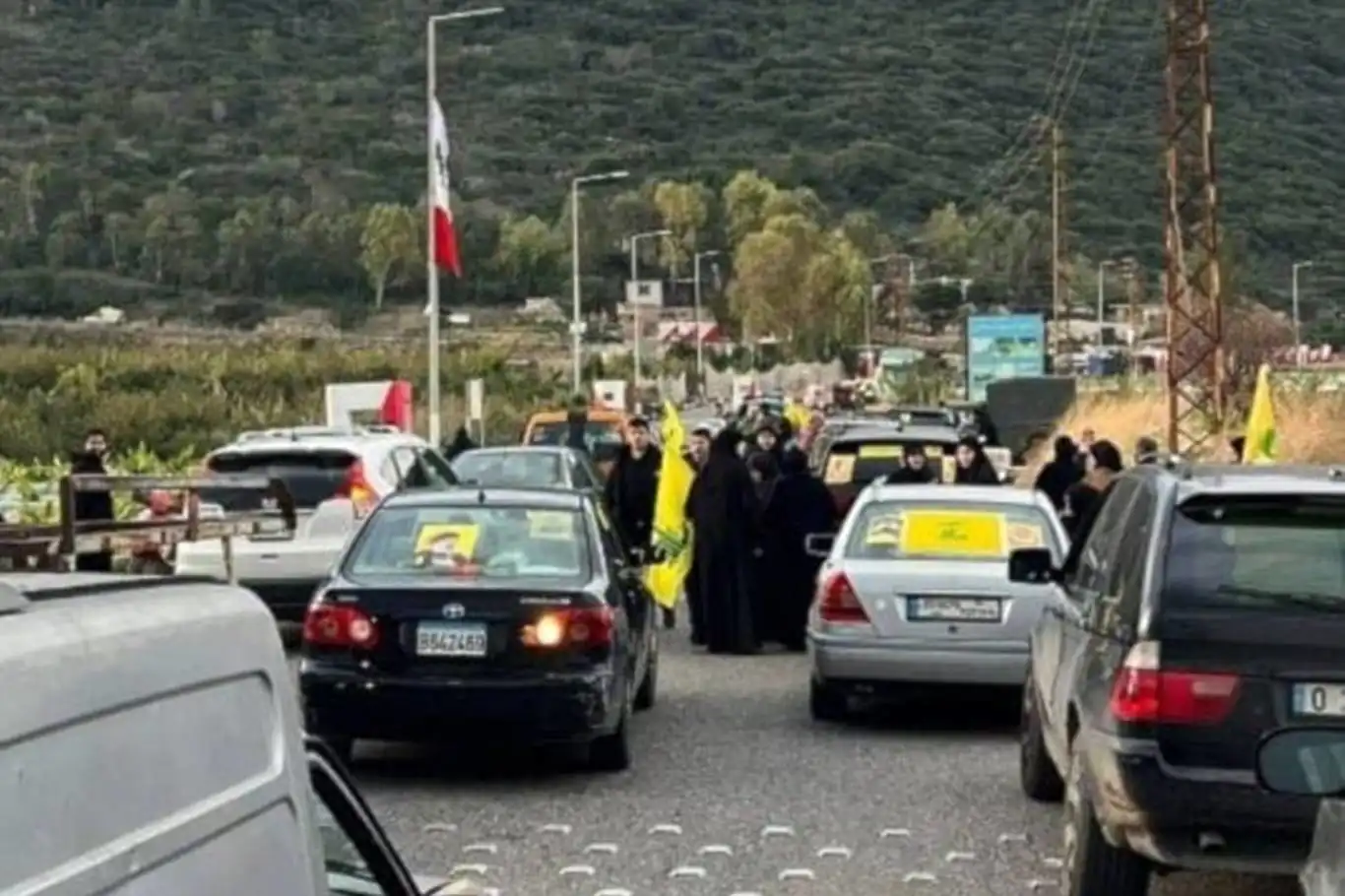3 killed, 44 injured in Israeli attacks on southern Lebanon as civilians attempt to return home


The Health Ministry of Lebanon has reported that three people were killed and 44 others injured in Israeli attacks on southern Lebanon on Sunday.
The attacks occurred as civilians, many of whom had been displaced, tried to return to their homes in the border region, marking a tragic setback as the deadline for Israeli forces to withdraw from the area passed.
The Lebanese Army, which had been assisting residents in safely returning to their villages, issued a call for people to follow military instructions to ensure their safety amidst the ongoing Israeli aggression. Despite the ceasefire agreement that had been in place since November, Israeli forces were expected to miss the withdrawal deadline, which had been part of the deal to end the war with Hezbollah two months ago.
The violence primarily focused on the border towns of Houla and Kfar Kila, where Israeli forces opened fire on returning citizens, killing two and injuring 32. The Lebanese Health Ministry condemned the attacks, highlighting that they were directed at civilians seeking to return to their villages after months of displacement.
The situation on the ground has been tense, with convoys of vehicles carrying hundreds of people attempting to return despite Israeli warnings not to. The Israeli military had earlier issued messages to residents of more than 60 villages in southern Lebanon, including Kfar Kila and Houla, instructing them not to return due to ongoing military operations in the region.
On the political front, Israeli officials have continued to delay their full withdrawal from southern Lebanon, citing non-compliance by the Lebanese state and Hezbollah’s failure to withdraw beyond the Litani River. In response, Hezbollah lawmaker Ali Fayyad denounced Israel’s actions, accusing them of using excuses as a pretext to pursue a "scorched earth" policy, which would make it impossible for displaced residents to return home.
Lebanese President Joseph Aoun, in talks with French President Emmanuel Macron, stressed the importance of holding Israel accountable for its repeated violations of the ceasefire agreement, including the destruction of border villages. President Aoun called for an immediate halt to these actions to maintain stability in southern Lebanon and allow for the safe return of displaced families.
The ceasefire, which had brought an end to two months of intense conflict, remains fragile. While the fighting has slowed, frequent Israeli strikes on Lebanese territory, including demolitions in villages under its control, continue to undermine the peace process. Hezbollah has warned that any further delay in Israel’s withdrawal would be a serious violation of the ceasefire terms and an infringement on Lebanon's sovereignty.
As tensions persist, the Lebanese people remain determined to restore their land and uphold their sovereignty, while continuing to call for international support to ensure Israel's compliance with the terms of the ceasefire agreement. (ILKHA)
LEGAL WARNING: All rights of the published news, photos and videos are reserved by İlke Haber Ajansı Basın Yayın San. Trade A.Ş. Under no circumstances can all or part of the news, photos and videos be used without a written contract or subscription.
Indonesia is facing one of its deadliest natural disasters of the year as recent floods and landslides across three provinces on Sumatra Island have claimed 604 lives, with 464 people still missing, the National Disaster Management Agency (BNPB) reported on Monday.
The UN Relief and Works Agency for Palestine Refugees in the Near East (UNRWA) warned that Israeli authorities are holding 6,000 agency-owned trucks loaded with enough food supplies to sustain Gaza’s population for three months, as the humanitarian situation continues to deteriorate.
Niger’s military junta announced on Sunday that uranium produced by Somair, previously operated by French state-controlled company Orano, will now be sold on the international market.
Israeli occupation forces carried out new large-scale raids across Jenin city and the Jenin refugee camp on Monday, extending what has now become 315 consecutive days of military assaults, forced displacement, and widespread destruction across the governorate.